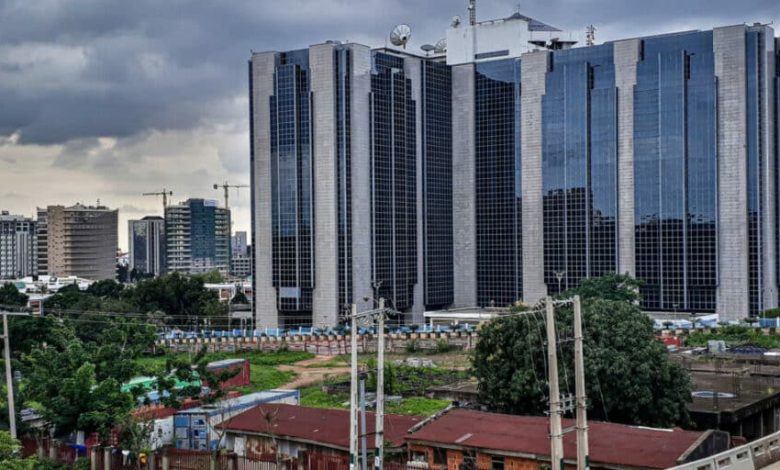CBN warns that removing fuel subsidy might impact reserve growth

The Central Bank of Nigeria (CBN) has cautioned that removing the fuel subsidy, along with lower import bills and higher debt payments, could potentially hinder the growth of Nigeria’s external reserves by 2024/2025.
This information was revealed in the CBN’s guidelines for monetary, credit, foreign trade, and exchange policies for the fiscal years 2024/2025.
Despite these concerns, the CBN remains optimistic about Nigeria’s economic growth over the next few years. The bank expects positive growth due to continued support for agriculture and oil sectors, reforms in the foreign exchange market, and the effective implementation of the Finance Act 2023 and the 2022-2025 Medium-Term National Development Plan (MTNDP).
“The outlook for Nigeria’s external sector in 2024/2025 is optimistic,” the CBN stated. “This optimism is based on favorable trade conditions, driven by high crude oil prices and improved domestic oil production.”
The bank added that the positive outlook is supported by stable oil prices and gains from capital flows and remittances. However, risks remain, such as lower earnings from oil, the impact of removing the fuel subsidy, rising import costs, and increased debt servicing. “These factors could pose challenges to the growth of external reserves,” the CBN noted.
Additionally, the ongoing tightening of monetary policies by central banks in advanced economies could lead to capital outflows.
Regarding Nigeria’s economic output, the CBN forecasted continued positive growth for 2024/2025, provided there is ongoing support for agriculture and oil, and effective implementation of key policies. However, risks include rising energy prices from the Russia-Ukraine war and ongoing security and infrastructure issues that might impact growth.
Domestic prices are expected to stay high due to global supply issues and changes in exchange rates. Persistent security and infrastructure challenges could further drive up inflation.
The fiscal sector is projected to recover positively in 2024/2025, contingent on effective policy implementation and revenue-generating reforms. However, low oil production, high public debt, and global economic issues could pose risks.
The financial sector is anticipated to remain strong, thanks to CBN’s ongoing efforts to monitor and address risks, including regular stress tests and risk management strategies.





